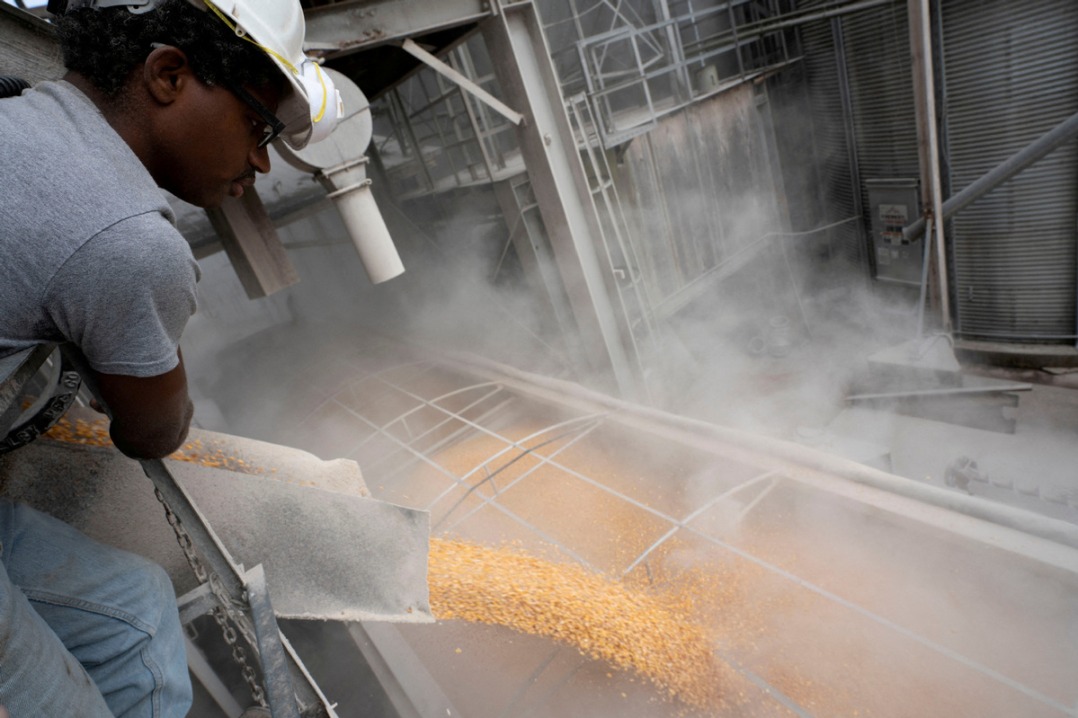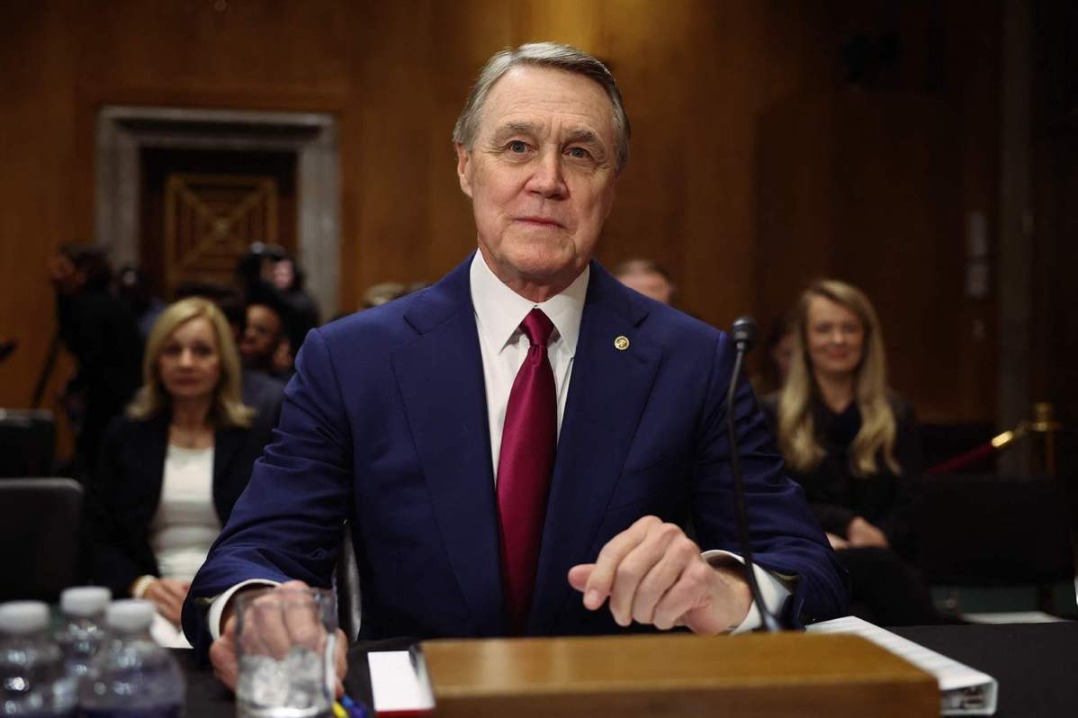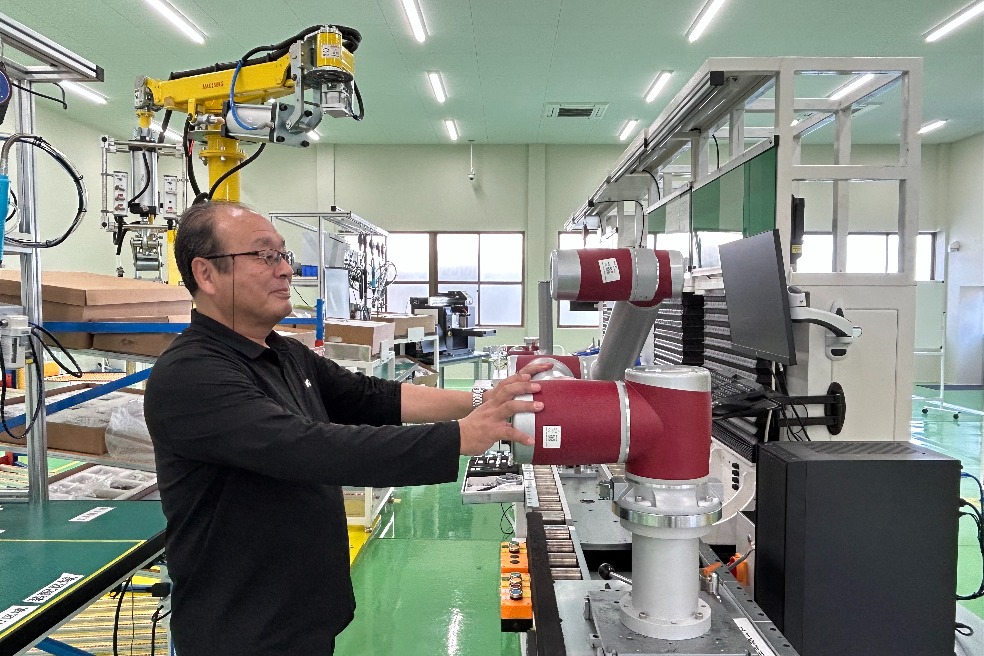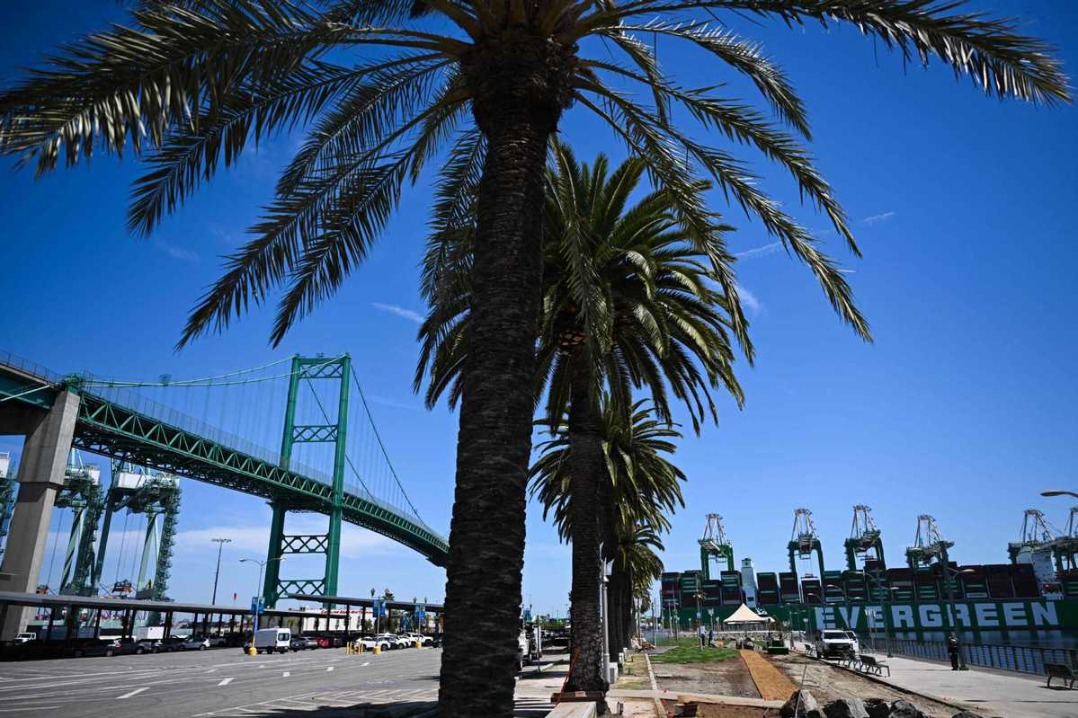Committee of 100 panel addresses trade standoff

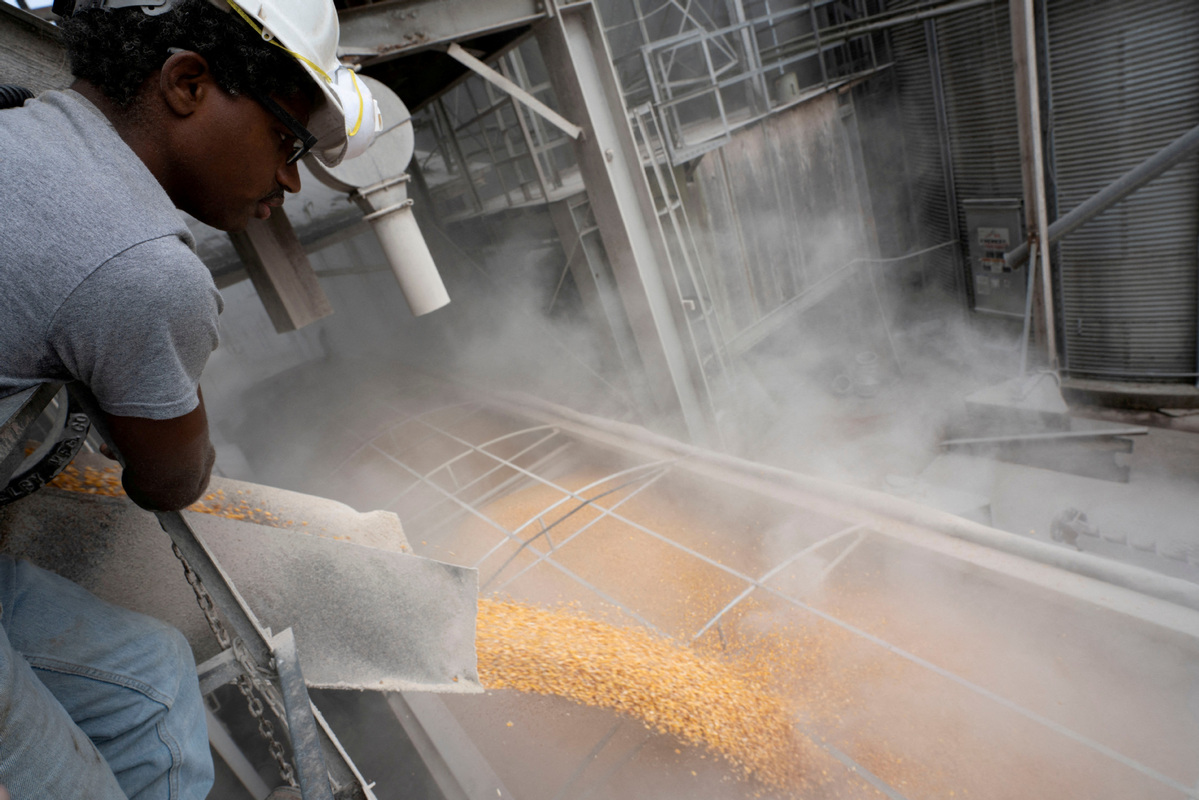
The wide tariffs initiated by the Trump administration have raised fears of a US and global recession, sparking calls for a more measured approach among political and business leaders.
Speaking at one of the panel discussions — "Navigating Trade Winds" — during the Committee of 100's annual conference in Los Angeles on April 26, Rodney Davis, head of Government Affairs at the US Chamber of Commerce and a former congressman, stressed the necessity of unity in the American business community.
"Businesses, no matter large and small, can't deal with chaos as much as Congress can," Davis said via a live video link. "I think it's important for those voices who could come in and really let out the facts and figures why certain policies will not work."
The Trump administration has imposed an additional 145 percent tariff on all Chinese imports while pausing his "reciprocal" levies on other countries, intensifying what many are calling a full-scale global trade war. In response, China has vowed to "fight to the end".
Davis noted the significance of the Chinese market, especially for American farmers. "The agricultural producers and agribusiness giants that I used to represent have the marketplace of the Chinese to be able to buy the products," he said. "We need to ensure that our farmers were given the opportunity to sell their products in a global marketplace, including China."
According to the US Department of Agriculture, US agricultural exports to China in fiscal year 2024 were valued at approximately $28.7 billion, marking a slight decrease compared with the previous year's $33.7 billion.
Despite the drop, China remained a top buyer of US agricultural exports, particularly soybeans, cotton and pork.
Davis said there is a need for business voices to influence policy: "The business community needs to have their voice heard as to the impact of what global trade tariffs will be on debt, and hopefully the administration is going to listen to those exception requests."
Angela Zhang, professor of law at the University of Southern California, was critical of President Donald Trump's approach.
"What Trump is doing undermines the world, undermines bureaucracy," Zhang argued.
Zhang, a lawyer, also questioned the enforceability of any trade agreement forged under current conditions, noting that without a third-party tribunal or binding arbitration, such contracts would be impossible to monitor.
"China's best strategy is to ignore the trade talks, as the contract is unenforceable, and Trump's commitment is questionable," she said.
Chinese American entrepreneur Margo Wong, who has been engaged in US-China trade for more than four decades, expressed her frustration. "We just want to buy low, sell high. Right now, we buy high, sell low," she told the panelists. Even worse, she noted, are the increasing cancellations and stagnation in trade activities.
Chi Zhihang, president of Altavia LLC and a former senior executive at Air China in North America, emphasized the need for perseverance and collaboration. "When there is a will, there is a way," Chi told the panel.
Sheldon Pang, vice-chairman of Freepoint Commodities LLC and a prominent Asian American and Pacific Islander business leader in international trade, stressed the economic unsustainability of the current tariff conflicts. He called for the creation of a "framework agreement" to help both sides stabilize.
"Since Trump wants to reverse trade, bring manufacturing back, and have balanced trade and revenue — if there's zero trade between two countries, there will be no revenue, no tariff, because you cannot charge even 1,000 percent tariff if (there are) no trades," Pang pointed out. "So that doesn't serve his purpose."
Gary Locke, a former US ambassador to China, emphasized the urgency in resolving the trade dispute between China and the US, adding that "there are no winners" in a trade war.
"Workers and consumers on both sides of the dispute in both countries will lose, which is why it's very important that China and the United States resolve this as quickly as possible," Locke told China Daily.
renali@chinadailyusa.com
















